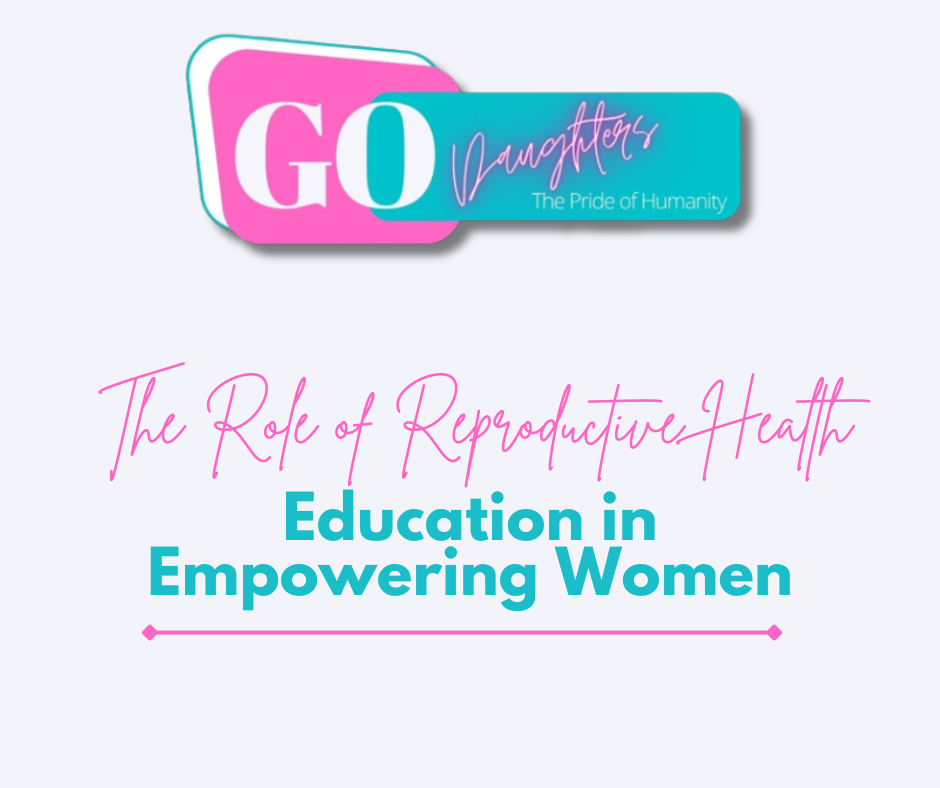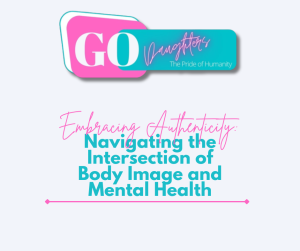
Reproductive health education is a powerful tool for empowering women, promoting gender equality, and ensuring access to essential healthcare services. In this blog, we explore the vital role of reproductive health education in fostering informed choices and enhancing women’s lives.
Empowering Through Knowledge
Reproductive health education equips women with the knowledge and skills they need to make informed decisions about their reproductive lives. This includes information on contraception, family planning, sexual health, and the prevention and treatment of sexually transmitted infections (STIs).
Breaking Down Stigmas
Education plays a critical role in breaking down societal stigmas and taboos surrounding reproductive health topics. By providing accurate information and fostering open discussions, reproductive health education can help reduce shame and judgment associated with sexual and reproductive choices.
Reducing Health Disparities
Reproductive health education can bridge health disparities by ensuring that all women, regardless of their socio-economic status or geographic location, have access to vital information and services. This is particularly crucial in low-income communities where healthcare access may be limited.
Supporting Informed Choices
When women have access to comprehensive reproductive health education, they are better equipped to make choices that align with their personal goals and aspirations. This can include decisions about when and if to have children, how many children to have, and how to space pregnancies for optimal maternal and child health.
Preventing Unintended Pregnancies
Reproductive health education also plays a pivotal role in preventing unintended pregnancies, which can have a significant impact on women’s lives. By providing information about contraceptives and family planning, education empowers women to take control of their reproductive choices.
Promoting Gender Equality
Empowering women through reproductive health education is a critical step toward achieving gender equality. When women have the knowledge and agency to make decisions about their bodies, they are better positioned to pursue education, career opportunities, and leadership roles.
Conclusion
Reproductive health education is not just about providing information; it is about empowering women to lead healthy, fulfilling lives and make choices that are aligned with their aspirations. By investing in comprehensive reproductive health education, societies can create a more equitable and inclusive future where women’s rights and choices are respected and protected.




